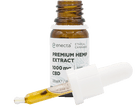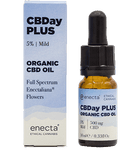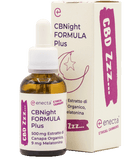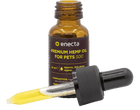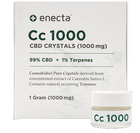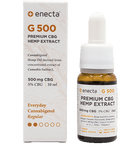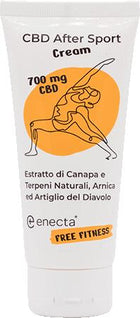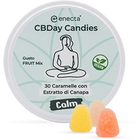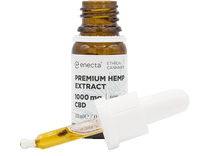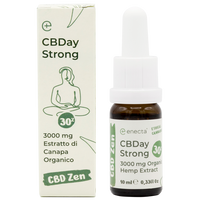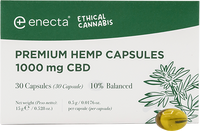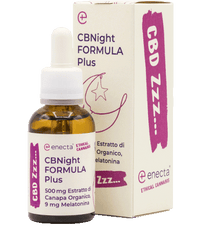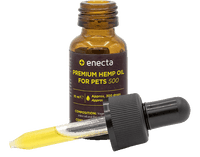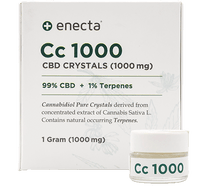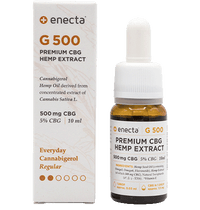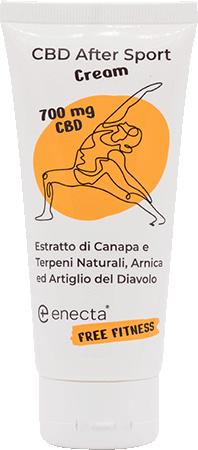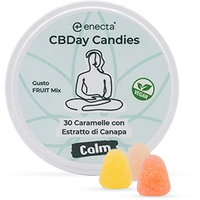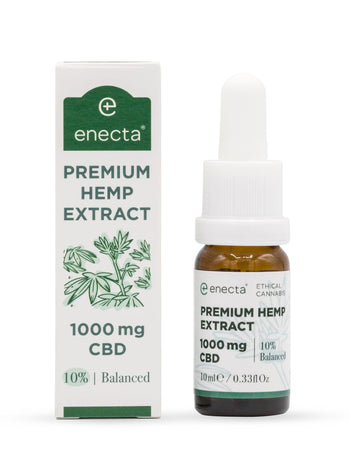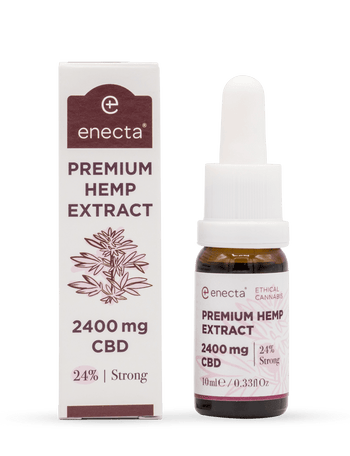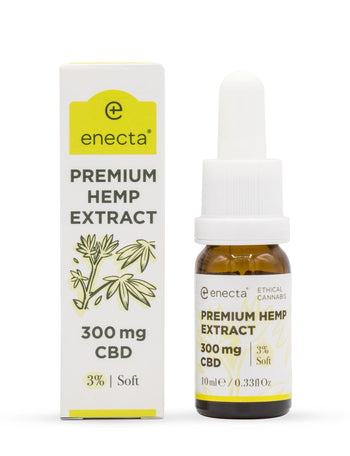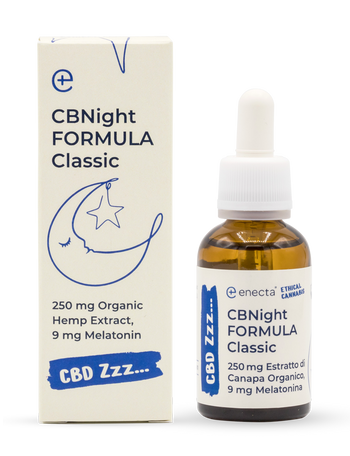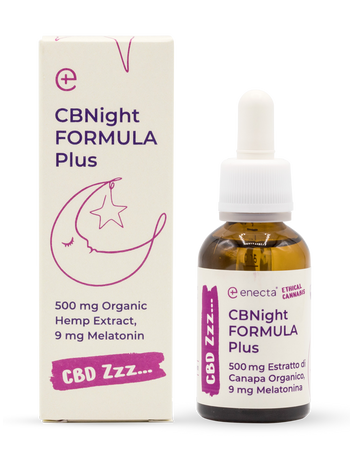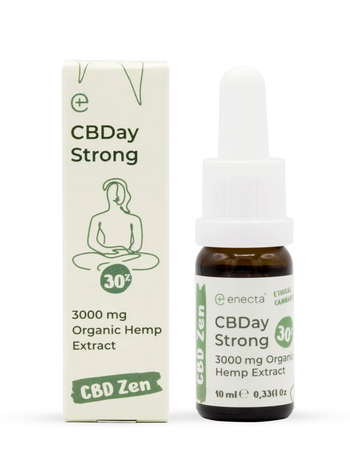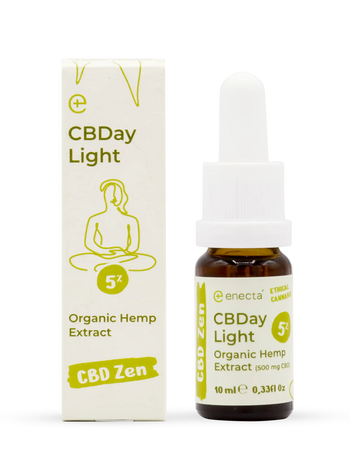Many consumers are asking what the effects of CBG are, why purchasing a product rather than another one containing cannabigerol.
In this article we quote four studies deserving attention, on the ability of CBG to contribute in contrasting some pathologies. However the mentioned studies do not present definitive results, which require addition in-depth studies to be able to establish the effectiveness of cannabinoids in an ever more precise.
The neuroprotectant properties of CBG in Huntington’s Disease were analysed in a study published in 2015 in PubMed.
The study was conducted on mice, divided in two categories, what the researchers demonstrated was how cannabigerol can contribute in improving motor deficiency and preserve the striatal neurons by contrasting toxicity.
CBG would be able to contribute in the increase of the reduced levels of antioxidant defences. For the study transgenic mice were used, which means that their genome was modified by the insertion of genes belonging to other animal species.
The transgenic mice are necessary for the realisation of model systems, useful for research of diseases, especially genetic ones. Thanks to transgenic mice, researchers are able to develop an analysis of the pharmacological responses related to a specific pathology.
The research published in PubMed last June, investigated the role of CBG in neurodegeneration, mainly powered by inflammation and oxidative stress.
“It is interesting to see – we can read in the study – that different natural compounds can be able to exert neuroprotectant actions against inflammation and oxidative stress, while protecting against the loss of neuronal cells”.
Amongst these natural sources, Cannabis and cannabigerol (CBG) are mentioned, whose antioxidant properties have already been demonstrated in macrophages. Magrophages are cells belonging to the phagocyte system.
There main function is to incorporate foreign particles in their cytoplasm, including microorganism, to then destruct them.
The objective of the research was evaluating the ability of CBG to protect the “motor neurons NSC-34 from toxicity elicited by means of RAW 264.7 macrophages stimulated with LPS”.
The final results indicated the neuroprotectant effects of CBG, which could be a potential treatment against neuroinflammation and oxidative stress.
Cannabigerol is showing effective in contrasting disfunctions of the bladder.
The study “Effect of Non-psychotropic Plant-derived Cannabinoids on Bladder Contractility: Focus on Cannabigerol” examined the effectiveness of some non-psychotropic phytocannabinoids, like CBD, CBG, CBDV, THCV e CBC on a bladder model of an in vitro mouse.
During research it emerged how CBG, THCV, CBD e CBDV in a specific concentration are able to reduce the contractions elicited by acetylcholine without modifying the contractions elicited by electrostimulation.
Acetylcholine is a substance produced by our organism to transfer neural impulses in different points of the central nervous system.
The hierarchic order established by the researchers was as follows: CBG same as THCV but higher effectiveness with respect to CBD and CBDV.
More specific studies showed how cannabigerol is effective in reducing the contractions elicited by acetylcholine in the human bladder.
Cannabigerol would show to be effective as an anti-nausea and antiemetic. We make reference to the study published in 2011, “Interaction between non-psychotropic cannabinoids in marihuana: effect of cannabigerol (CBG) on the anti-nausea or anti-emetic effects of cannabidiol (CBD) in rats and shrew”.
In the first experiment, conducted on mice, there was a first phase of ‘pre-treatment’ with administration of CBG, and after fifteen minutes, of CBD.
Thirty minutes later, all rats had taken a solution composed of saccharic acid and LiCl. Seventy-two hours later the mice were submitted to a reactivity test.
The second experiment included the intake of CBG and CBD in combination with other solutions and the conclusions they reached were that moderate dosages of CBG and CBD can oppose each other to the 5-HT (1A) receptor in the regulation of nausea and vomit.

